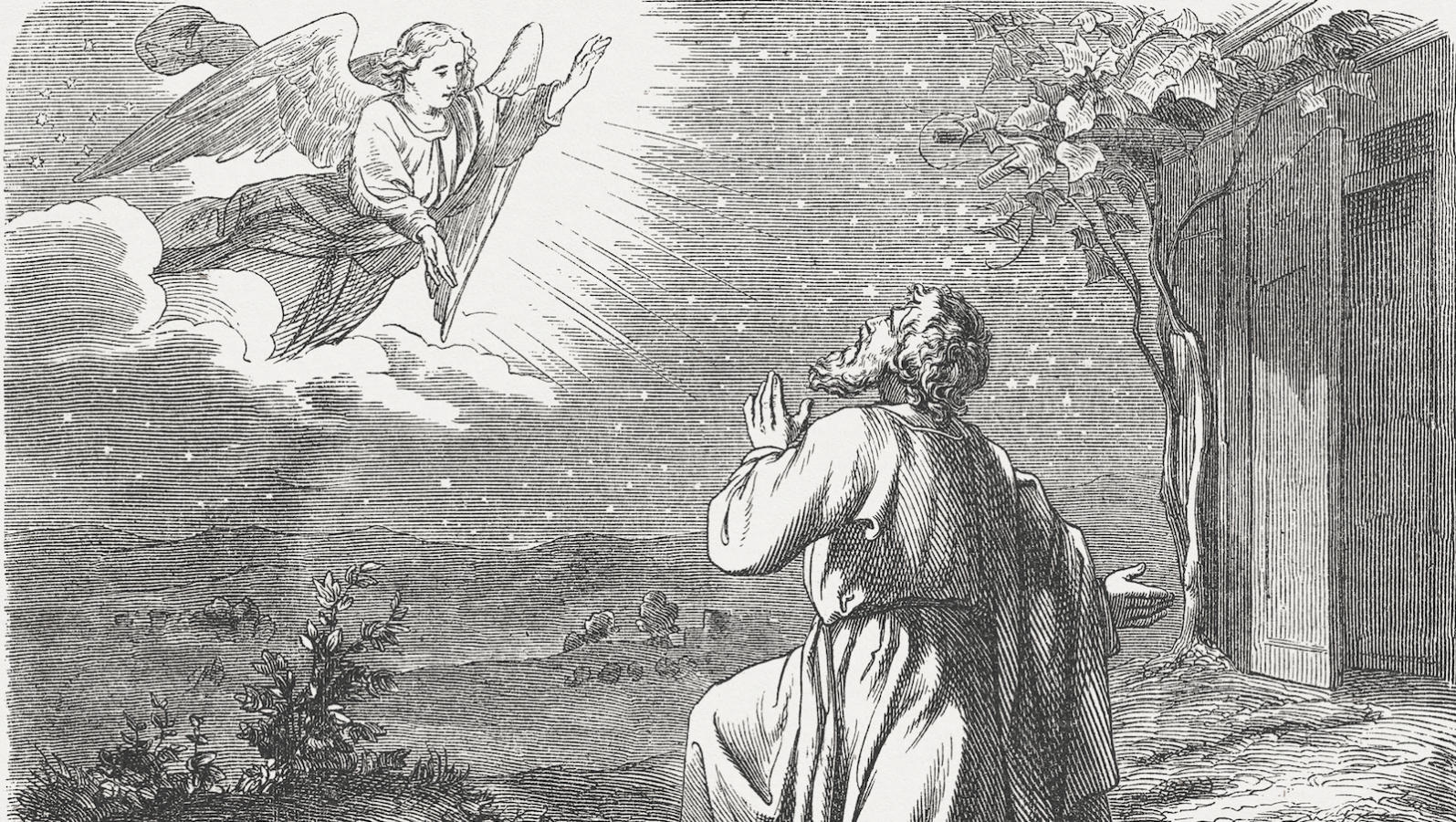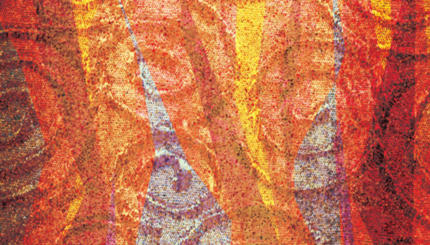Commentary on Parashat Lech-Lecha, Genesis 12:1-17:27
Many of us know a thing or two about saying a blessing. We know for example, how to recite a blessing before lighting Shabbat candles and Hanukkah candles. Some of us recite tens of blessings every day. But what do we know about BEING a blessing?
Only in one instance in the whole Torah do we find an injunction to make a blessing – the commandment to bless God after enjoying a meal. But the idea of BEING a blessing appears over and over again in the Book of Genesis, the first time of which is in God’s words to Abraham in this week’s Torah portion, Parshat Lekh Lekha:
I will make of you a great nation, and I will bless you;
I will make your name great, and you shall be a blessing…
And all the families of the earth shall be blessed because of you.
Yes we must behave so that ‘all of the families of the earth shall be blessed’ through the agency of the Jewish People. We endeavor to be a light unto the nations. But that’s a big, macro level concept.
It appears a bit overwhelming, leaving us wondering how exactly do we go about it.
However, there is something here on the micro level as well: Just “be a blessing.” What does it mean to be a blessing? Well, God blesses us and we must pass the blessings along. We ought never to hoard His blessings for ourselves. God gives life, and light, and sustenance and hope, and so must we give these blessings to others as well.
With your help, My Jewish Learning can provide endless opportunities for learning, connection and discovery.
Kabbalistic wisdom, while describing the mystical process that brought into existence both the tools for fashioning the world as well as the world itself, talks of two different types of vessels for God’s creative energy. Some were containers open at the top and closed at the bottom. They allowed the life force to flow in but did not let it flow out of the other end. The other type served as conduits for divinity; they were not stopped up at the bottom. The spirit flowed in on one side and out from the other side. Those that received but did not give ultimately self-destructed; they shattered from the abundance of good that they tried to contain within themselves. Only those that passed on what they received, that were part of an interconnective network on both ends, fulfilled their function and were able to serve God’s creative purpose.
This goes for us as well — we must take a cue from the vessels of creation. No true good can be enjoyed without passing it on. We too must be open-ended vessels. Blessings are not meant to flow into us, but rather to flow through us.
How do you be a blessing? With a smile, or with a hug. By always thinking of giving, of helping, of lending a hand. By offering an invitation instead of waiting to receive one. By opening up to a stranger, by making someone feel at home. By teaching, and helping others to learn. By offering insight and inspiration. By encouragement or a kind word. It is not hard to find ways to be a blessing – you just have to constantly be aware of it.
One should always ask himself: Is the world a bit of a better place today because of me? Is it good for the world that I am here? Has my existence added anything to the sum total of blessing in the world? We compute our carbon imprint, and our ecological footprint gives us pause, and that is as it should be. But those concerns are only a matter of doing as little harm as possible. We must go beyond that and strive not only to refrain from damaging but to repair as well.
Let us ponder our blessing input, and then strive, always strive, to be a living blessing.
Shabbat
Pronounced: shuh-BAHT or shah-BAHT, Origin: Hebrew, the Sabbath, from sundown Friday to sundown Saturday.
Torah
Pronunced: TORE-uh, Origin: Hebrew, the Five Books of Moses.



